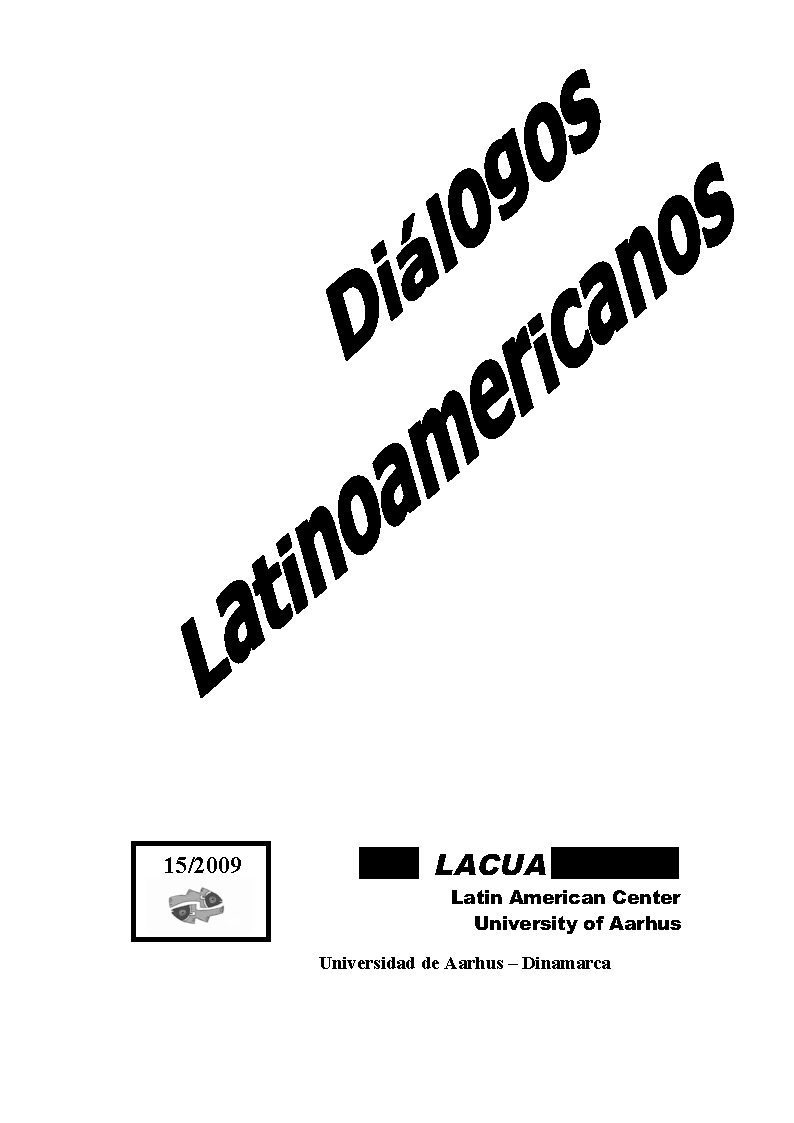A mulher no cinema brasileiro e a tentativa de afastamento da heteronormatividade
DOI:
https://doi.org/10.7146/dl.v10i15.113589Keywords:
Women, Brazilian cinema, heteronormativity, oatriarchy, violence, queerAbstract
The goal of this essay is to show that the three films Dona Flor
e seus dois maridos (1976), Luzia-homem (1984) and Romance
da empregada (1988), while they disrupt heteronormativity,
are still heavily freighted vehicles of sexual and gender
ideologies. In the first case, Florípedes is a widow who marries
for the second time. Sexually unsatisfied, she evokes the return
of her dead husband. She transgresses heteronormativity, since
society does not allow for polygamy, although she fulfills her
role as a woman. In Luzia-homem, the main character acts and
thinks as a man, but ends up foregoing this behavior and she
takes up her destiny as a woman. In Romance da empregada,
Fausta is submissive before any and all types of men, but she
keeps them out of her life and remains single. In these three
situations, the women attempt to mock the patriarchal code,
but the plot of each film is structured in such a way that, as far
as society is concerned, the women end up either repeating the
roles imposed on them by patriarchal ideology or being
marginalized. Such a situation reinforces a heterosexist,
patriarchal, and masculinist posture.
References
Rio de Janeiro: Forense.
Beauvoir, Simone de. (1980) O segundo sexo. Trad. Sérgio Milliet. Rio de Janeiro:
Nova Fronteira.
Engels, Friedrich. (1987) A origem da família, da propriedade privada e do Estado.
Trad. Leandro Konder. 11. ed. Rio de Janeiro: Civilização Brasileira.
Foster, David William. (1999) Gender and Society in Contemporary Brazilian Cinema.
Austin: University of Texas Press.
____. (2000) Producción cultural e identidades homoeróticas: teoría y aplicaciones.
San José: Editorial de la Universidad de Costa Rica.
____. (2001) ‘Consideraciones sobre el estudio de la heteronormatividade en la
literatura latinoamericana’. Letras: literatura e autoritarismo, Santa Maria, 22: 49-53.
____. (2003) Queer Issues in Contemporary Latin American Cinema. Austin:
University of Texas Press.
French, Marilyn. (1992) A guerra contra as mulheres. Trad. Maria T. M. Cavallari. São
Paulo: Nova Cultural Ltda, Best Sellers.
Leite, Sidney Ferreira. (2005) Cinema brasileiro: das origens à retomada. São Paulo:
Editora Fundação Perseu Abramo.
Pinto, Céli Regina Jardim. (2003) Uma história do feminismo no Brasil. São Paulo:
Editora Fundação Perseu Abramo.
Saffioti, Heleieth Iara Bongiovani. (2004) Gênero, patriarcalismo, violência. São
Paulo: Editora Fundação Perseu Abramo.
Downloads
Published
How to Cite
Issue
Section
License
Counting from volume 31 (2022), articles published in Diálogos Latinoamericanos are licensed under CC-BY 4.0. Read more about the license terms here https://creativecommons.org/licenses/by/4.0/.
No Creative Commons license applied on volumes 1-30. All rights reserved by the authors. Readers may download, read, and link to the articles, but they cannot republish the articles.
With the publication of volume 31 (2022), authors retain the full copyright to their articles and give Diálogos Latinoamericanos the right to the first publication. Authors also retain copyright to earlier versions of manuscripts, such as the submitted (pre-print) and the accepted manuscript (post-print).
Copyright to articles published in volumes 1-30 is held by the authors.





